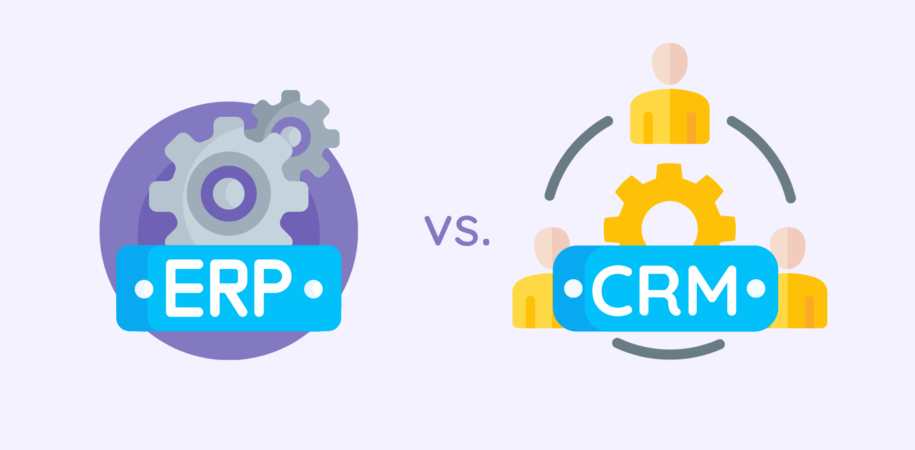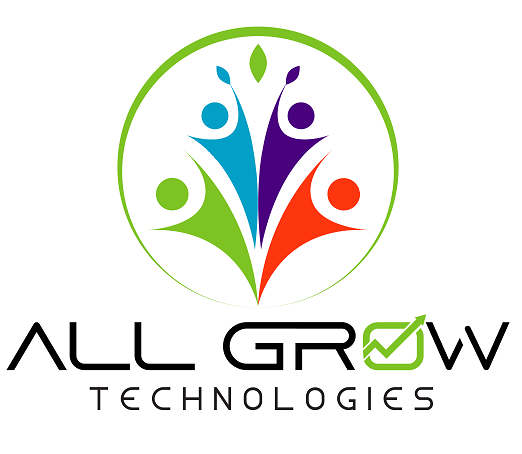What Would My Business Need – ERP Or CRM?

With all the efforts put into the business, deciding to change the business model itself could be a big step, and upon that deciding to stick to which streamline process might look like a more tedious decision to make. It is essential to know which type of system, such as, ERP or CRM is needed for your business. To some level, ERP and CRM software address similar challenges but each has distinct strengths in certain areas.
Factors that will influence your decision include the type of business you have, the size of your company, the types of products and services you provide, and the complexity of your business. Let’s walk through the basics of each solution and know how to decide which one might be the right fit for your company.
About ERP Software
Large product manufacturers and distribution companies will typically lean more toward implementing an ERP solution. They need ERP features that will help them decrease production time, manage inventory levels, minimize the time required to fulfil and ship orders, comply with financial and regulatory requirements, and gain critical operational insight to improve profitability.
ERP (Enterprise Resource Planning) software is designed to handle a business’s operations. Cloud-based ERP software provides a centralized database so a business’s many departments and locations can access up-to-date information in real time from anywhere, anytime.
ERP solutions, like Microsoft Dynamics 365 Business Central, manage a variety of systems and processes such as: accounting, inventory & operations, human resources & payroll, workflow automation, reporting & dashboards. The primary advantages of an ERP solution are that it gives a company’s separate business units a way to operate cohesively, work more productively, identify issues more quickly, and make improvements proactively.
About CRM Software
Professional services companies, non-profits, and other organizations that primarily provide services usually have a greater need for CRM than ERP. With a focus on increasing sales and delivering a fine-tuned customer experience, they can benefit from CRM features and leveraging customer data for retention and repeat business. While they may need some features to help with the operational aspects of their business, those needs most likely can be managed through a project management or accounting solution.
CRM (Customer Relationship Management) software is built to manage sales, marketing, and customer service processes. Cloud-based CRM software provides a centralized database for all prospective and existing customer data. It enables sales, marketing, and customer service teams to view and update information in real time from anywhere.
The primary advantages of CRM software, like Microsoft Dynamics 365 CRM, include more control over managing the customer experience and access to up-to-the-minute customer data. CRM solutions enable sales, marketing, and customer service teams to coordinate their efforts and seize opportunities to gain new customers and keep existing customers satisfied.
Conclusion
To sum up, ERP software may be ideal if your company mainly wants to manage financials, inventory, and production and if only needs basic sales management features. CRM software may be ideal if your company primarily wants to find prospects, track leads, and maintain contact with customers through automated marketing. But an integrated solution with both ERP and CRM may be ideal if your company needs to be able to manage financials and optimize operations and f it needs a full suite of sales and marketing management capabilities to streamline business processes across your entire organization.
For more details kindly visit our LinkedIn page:
https://www.linkedin.com/company/allgrow-technologies-pvt-ltd/mycompany/
or you can write us on contact@allgrowtech.com
By Manasa D.
Author
